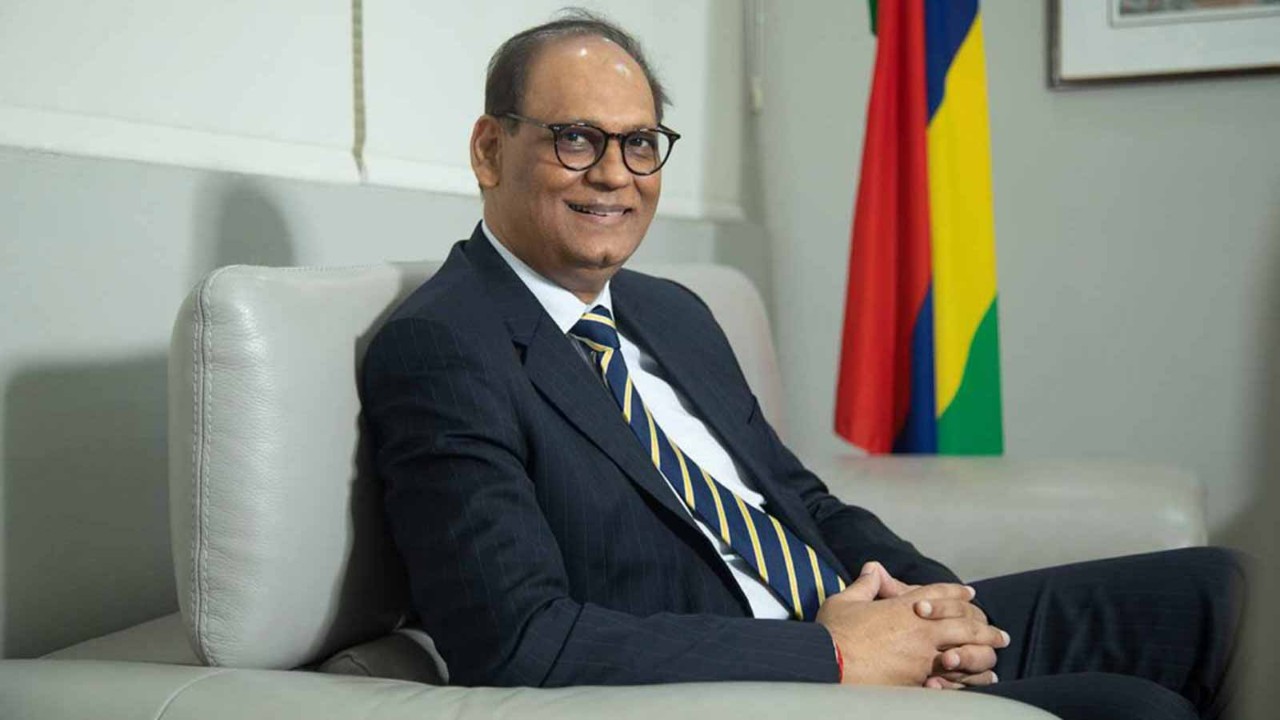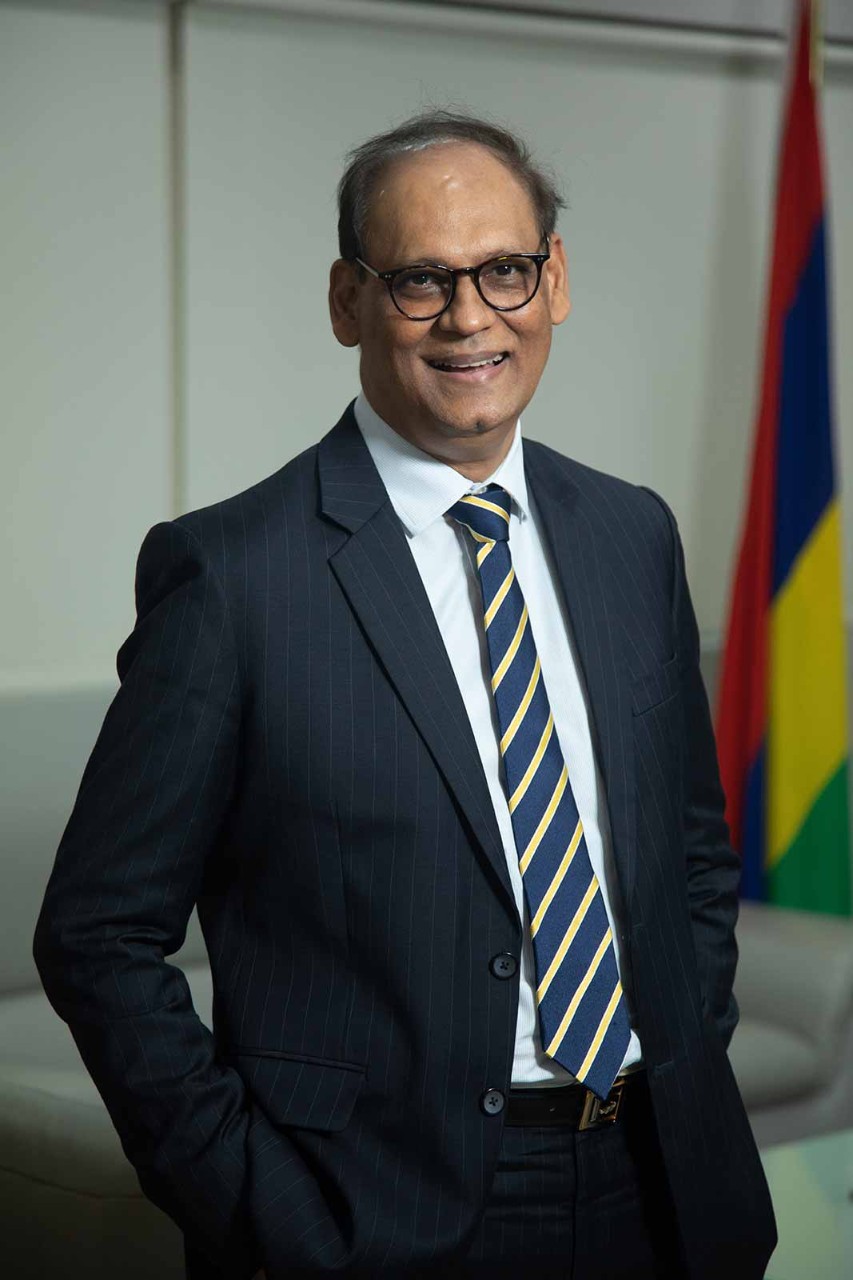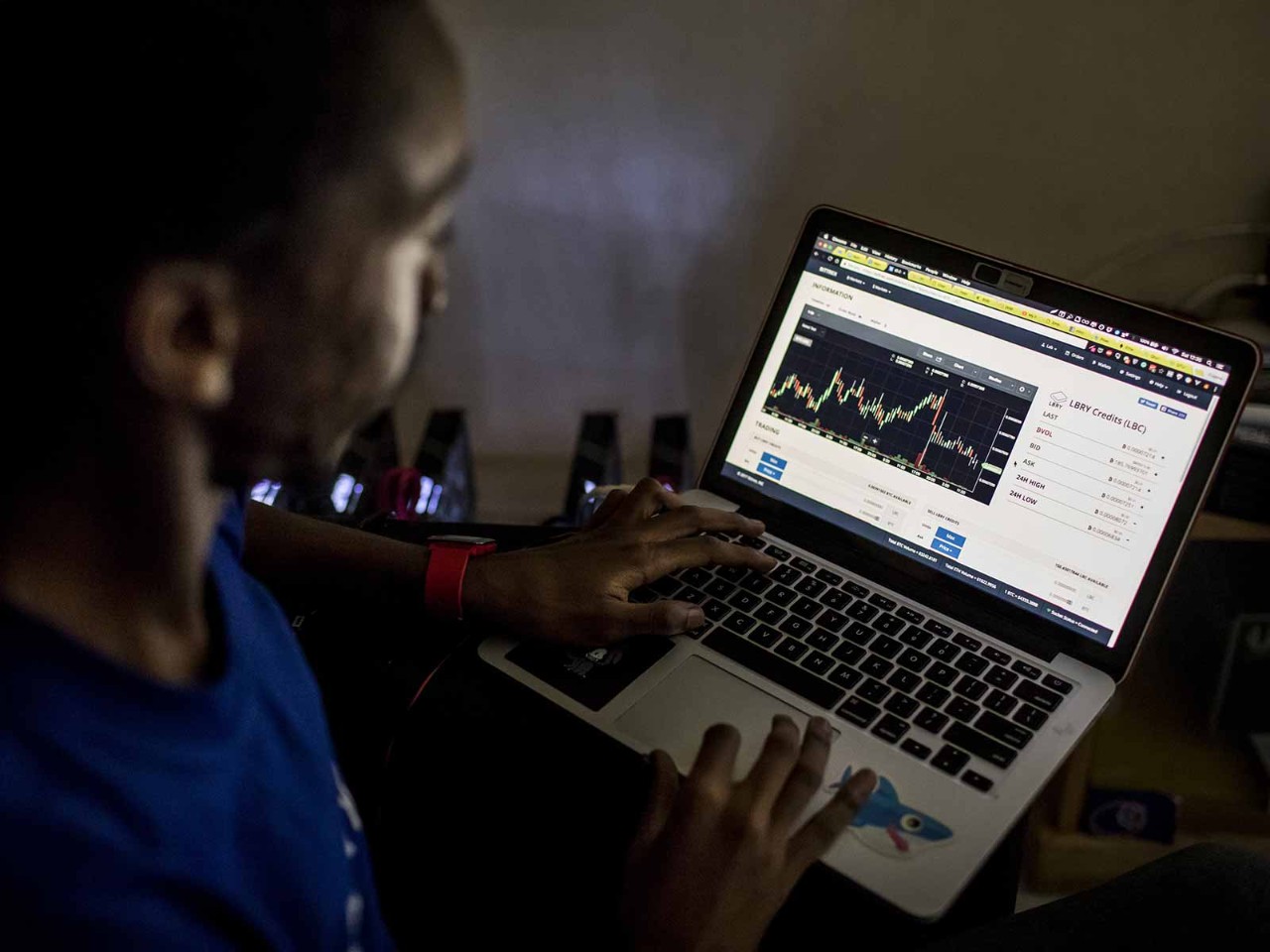
There are two favourite topics of conversation in Mauritius: politics and football, though not necessarily in that order. And there are two football teams that most Mauritians talk about – Liverpool and Manchester United.
Fortunately, Mahen Kumar Seeruttun FCCA is a Liverpool fan, so he is in a good mood to talk, as the English team has just clinched the FA Cup. As Mauritius’s minister of financial services and good governance, he is responsible for the whole of the island’s financial services sector, excluding banks.
‘Good governance means we ensure we do everything we can to enforce good practice within the economy,’ he says. ‘We want to promote Mauritius as a financial centre with high ethics and one that implements all relevant international standards.’
‘Good governance means doing everything we can to enforce good practice within the economy’
In numbers
1,275,785
Population of Mauritius
2,040
Total land area in square kilometres
1968
Year country gained independence from the UK
US$31.7bn
Estimated GDP 2021
AML challenges
It’s an ambition that is rooted in the country’s recent history. In February 2020, just after Seeruttun took on the financial services and governance ministerial portfolio, Mauritius found itself on an international grey list of countries that were not fully compliant with the Financial Action Task Force’s anti-money laundering and counter-terrorism financing (AML/CFT) standards. As a result, the country was also placed on the European Union’s AML high-risk black list.
The timing of the move was particularly unfortunate, as the global economy almost immediately ground to a halt as Covid-19 spread worldwide.
‘We had the pandemic lockdowns in March 2020, but still had to address the issues highlighted by FATF,’ Seeruttun says. ‘We had to pass new laws and regulations, train our people, reach out to different sectors, and empower our law enforcement agencies so they could investigate AML offences.’
Off the grey list
As a result of these law changes, along with close cooperation with stakeholders and international agencies, the country was taken off the FATF grey list in October 2021 and the EU black list in March 2022.
Mauritius is now compliant with all but one of the FATF’s 40 recommendations for AML countermeasures. Seeruttun hopes the one outstanding issue – virtual assets, where the country needs to be in line with emerging technologies – will be resolved by September this year.
With the grey list setback now in the past, he is determined that the country will continue to build a strong financial services sector. ‘Our objective is to double the sector’s contribution to the economy – our exit from the FATF grey list was possible because we showed our commitment.’
Seeruttun is happy to admit that his ACCA Qualification has put him in a good place to deal with these challenges. ‘I keep on using those skills I learnt from my studies, applying them as a minister, and more so now as minister for financial services.’
‘Our exit from the FATF grey list was possible because we showed our commitment’

CV
2019
Minister of financial services and good governance, Mauritius
2014
Minister of agro-industry and food security
2010
First elected to National Assembly, Mauritius
2005
Joins politbureau of Militant Socialist Movement
2005
Finance manager, Ciel Group, Mauritius
1993
Secretary accountant, Mauritius Sugar Industry Research Institute
Need for professionals
Seeruttun originally chose a career in accountancy after he saw the island’s economy shifting from manufacturing to services. ‘I realised there would be a need for professionals, and chose ACCA because of its wide-ranging programme, which covered tax, economics, law and IT skills, as well as accountancy.’
He travelled to London for his studies, then joined an accountancy firm with offices in London and Southend, England. But two years after qualifying, he decided to return to Mauritius.
He joined the DCDM accountancy practice, before moving to the Mauritius Sugarcane Industry Research Institute in 1993 where he stayed until 2005, when he joined Mauritius-listed conglomerate Ciel. By then, his political career was beginning to take off as well.
Into politics
In 2005, he also joined the politbureau of the Mouvement Socialiste Militant (MSM), one of the three big political parties in the country. The party won the 2010 general election, with Seeruttun himself elected to the National Assembly (and re-elected in 2014 and 2019).
‘We are all involved in politics in some way,’ he says. ‘When I came back from London in the early 1990s I saw a transformation taking place in the country. It was referred to as the “Mauritian Miracle”. We had a strong leadership and a government that was committed to the country's progress. So I joined the [MSM] party to provide support in that endeavour.
‘Politicians decide on the future of a generation, so if you are part of that you can make impactful change. But if you don’t take on these appointments, you can’t criticise.’
Of course, the government has faced tough economic challenges in recent times. Mauritius was forced to close its borders for nine months in 2020 to protect its people from Covid-19, a move that had a severe impact on the economy and more particularly on tourism, which normally makes up about 9% of the economy.
Tourist revival
‘The government gave priority to the safety of its population,’ Seeruttun says. ‘We had to support people financially and non-financially to save jobs. But now, 90% of the population is vaccinated, boosters are going up and we have reopened the borders. As a result, we have seen an encouraging return of tourists – we expect a million arrivals by the end of the year, bringing us back to a level not far from before the pandemic.’
However, he sees problems ahead as a result of the Russian invasion of Ukraine. He is concerned that as a net food importer, Mauritius will also import inflation. Over the years, the island nation has diversified away from agriculture (predominantly sugar) into areas such as textiles, manufacturing and tourism. More recently, its pharmaceuticals and financial services sectors have expanded. ‘Fintech will play a prominent role here,’ Seeruttun predicts.
‘We are all working in a global economy now,’ he says. ‘What happens elsewhere will have an impact here. We saw it with Covid-19.’
‘The future generation will want to know what sort of world we will leave them’
As a citizen of an island nation, he is also painfully aware of the impact of climate change. As sea levels rise, islands such as Mauritius become increasingly vulnerable.
‘We have one planet, so we have to pay attention to our environment,’ he says. ‘We put emphasis on sustainable projects because the future generation will want to know what sort of world we will leave them. My pledge is to do everything it takes, but let’s do it together, and this includes advising investors where to put their money.
‘ESG [environmental, social, governance] will be very important. As accountants, we have to advise our clients on these issues. I believe accounting is one profession that will always be needed.’
Top tips
‘Always be guided by three things, and not just in your professional life: honesty, integrity and professionalism. Apply them and you will not fail.’
‘The financial services sector has evolved dramatically, with technology playing a very important role, so keep abreast with all that is happening.’
‘Accountancy opens doors for you to so many different things; it is a platform that will kickstart your career.’


